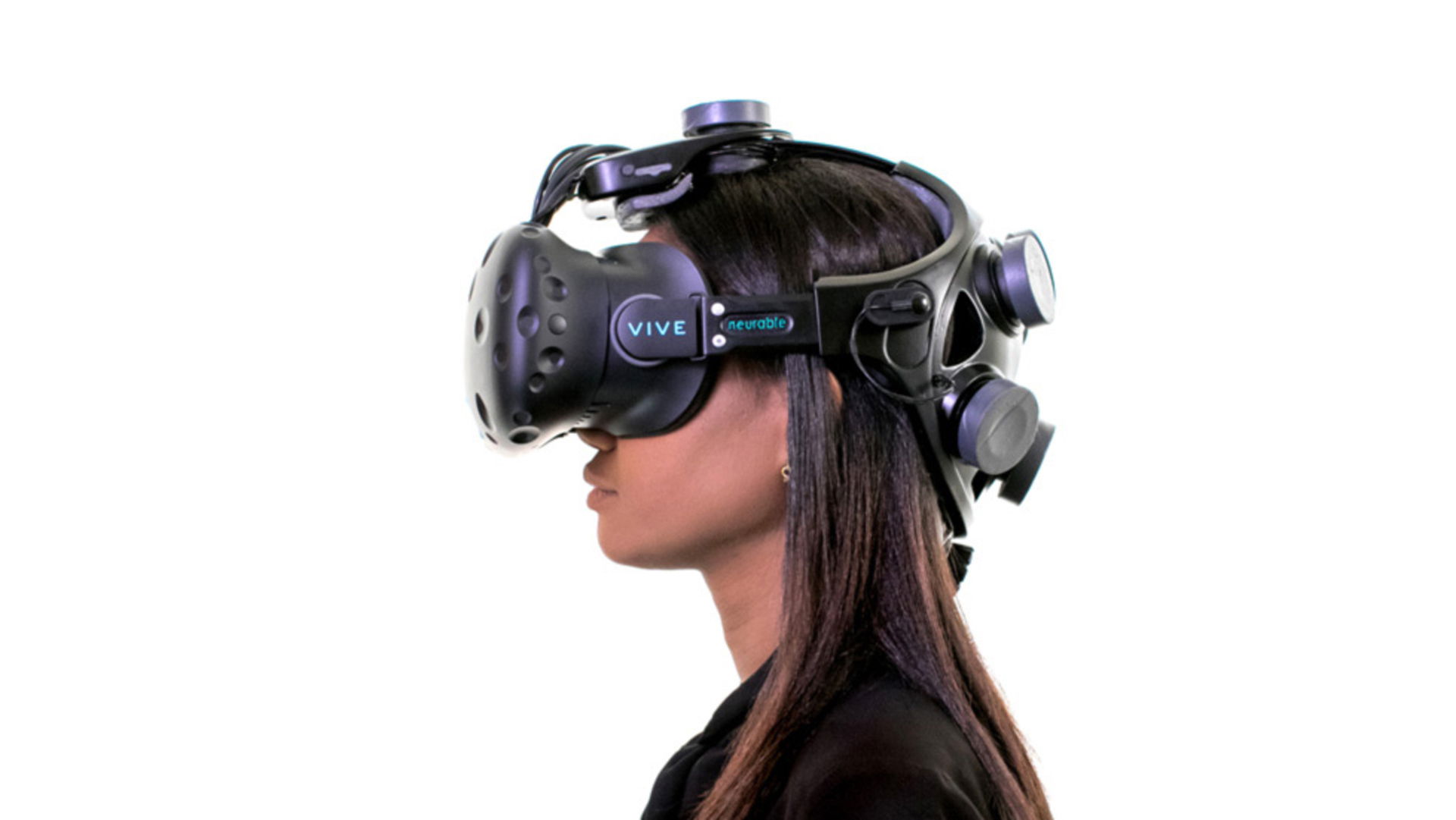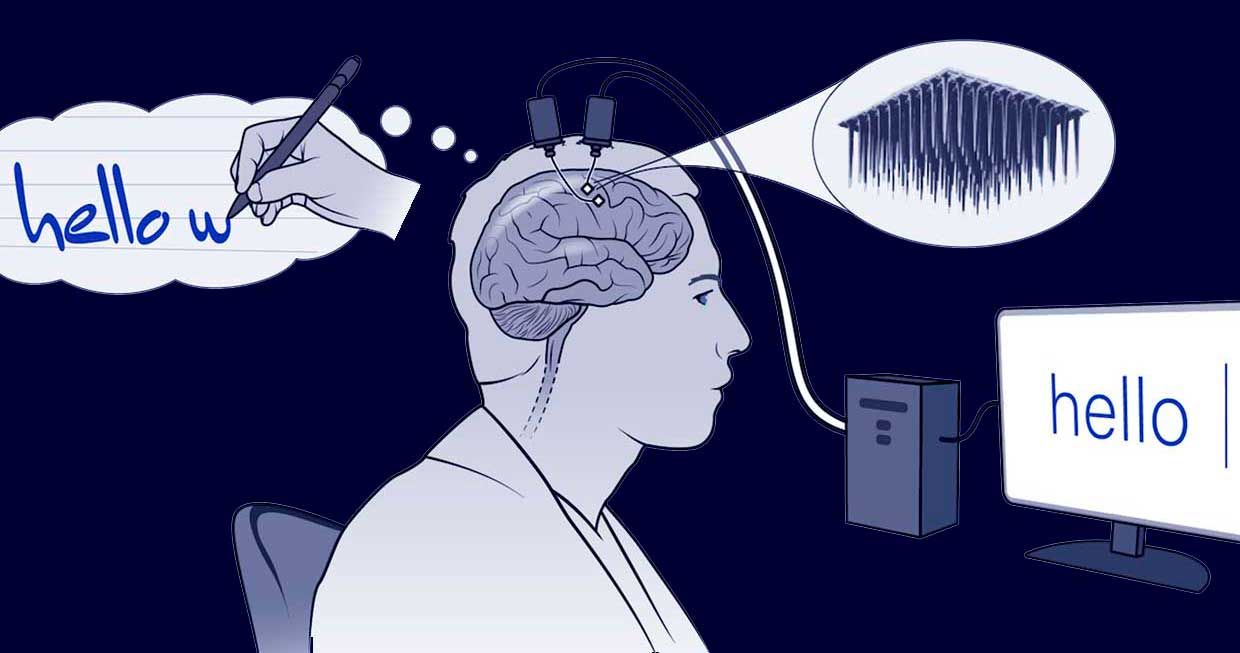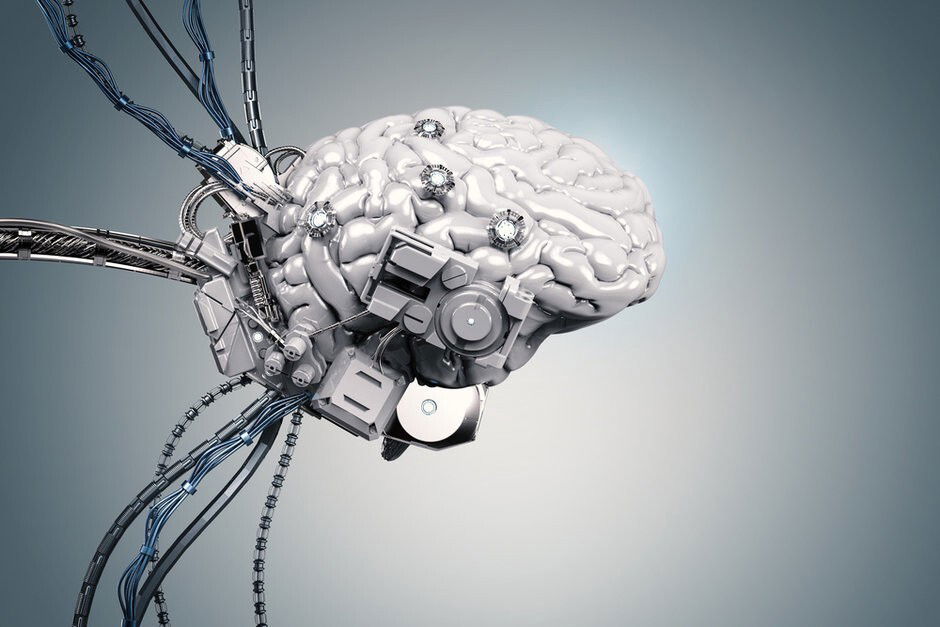
What exactly is reality? Who said you weren't already immersed in virtual reality?
Before I get into the rabbit hole, let's take a look at Pong, or simply PONG in English, pong was the first pc game ever The year is 1969.
let's take a look at Pong
Let's take a look at some of today's most advanced video games.
Let's take a look at how far virtual reality games have progressed in less than a decade.
know Let's fast forward a few years, say 10 years, A time when I believe there will be no distinction between reality and virtual reality, Which leads me to think that we are already living in a computer simulation. Who says we're not in a video game?
Very soon we will be able to produce computer characters that will have free will and emotion, Those computer characters did not know they were in a computer game.
The reason I started with this example is that virtual reality will no longer be limited to glasses; we are rapidly approaching the day when virtual reality will communicate directly with the human brain interface, (BCI), Now if you're still here I can continue the article.

VALVE has developed a direct brain-computer interface that can be integrated into virtual reality glasses. Companies like Alon Musk's NEURALINK are working on brain interfaces that will connect to a computer and immerse us in an infinite virtual universe similar to the real matrix. Alternatively, you could just say "metaverse."

What is a computer brain interface?
Brain-computer interfaces are a type of communication that converts neural signals into computer-actionable input. The goal of companies like NERO LINK in gaming is to collect player physiological data and use it to inform the game whether a player is happy, sad, frustrated, bored, focused, distracted, and so on. The idea is to understand why this happens in all circumstances - whether it's anger caused by a game bug or happiness caused by achieving a specific goal - and build systems to leverage that data.

In the short term, Neuralink and VALVE sees EEG as the simplest way to collect and organize this type of psychological data so that developers can create more immersive games. Electrodes are placed non-invasively at various points on the scalp to measure the voltage fluctuations of neurons in the brain with EEG.
EEG has been used to measure mindfulness, learning, memory, and intention, and Neuralink and VALVE hope that these concepts, which were previously the subject of scientific study, will eventually find their way into the main game design. The helmet transmits EEG for projects like Open BCI, but most people aren't going to wear a full 35-unit electrode; this is where AR/VR enters the metaverse.
EEG data, on the other hand, isn't a perfect solution. It's like sitting outside a football stadium and trying to figure out what's going on on the field solely based on the intensity of the crowd's reaction. Because of the work of collecting neural signals through the skull, scalp, and hair, the current generation of BCI devices is noisy, and EEG is one of them.

Despite increased knowledge and a push toward immersive games, more invasive brain implants are likely in the future. Amit caesar refer it as the "Reality threshold" - a procedure that is technically invasive but offers many potential benefits to the user while lowering the procedure's overall risk.
Elon Musk said Neuralink hopes to start implanting its brain chips in humans in 2022, later than he anticipated

What will the future of virtual reality, augmented reality, mixed reality ,extended reality and metaverse look like ?
What effect will this have on the entire human race? What does the future hold in store for us? Is the future of humanity in jeopardy? Is it possible that interfering with machines is the next step in our human evolution? My name is Amit Caesar, and I'd like to invite you all on a journey into Alice's world to discuss these topics in my new series of articles.
Because everything changes on a daily basis, I had a hard time deciding where to begin this article and what order I should write things in. The Metaverse simulated reality technology that has emerged from the abyss is gaining traction and establishing itself as the most significant technology that will fundamentally alter our understanding of reality that we have seen to date.
In previous articles, I went over the history of virtual reality technology from its beginnings to the present day. Let's go over some specifics about current virtual reality technologies in order to continue to analyze and understand where we're going. Let's start with Microsoft, which was the first company in the world to seriously develop augmented reality glasses and is currently working on a third model, the hololens 3, for their high reality glasses. HoloLens 2 is part of the mixed reality or integrated reality glasses family, which is the next step after virtual reality glasses.
Before we get into the details on augmented reality glasses, let's take a look at how they work. Let's start with a Microsoft video and then we will move on.
You can see this in the video. The differences between virtual reality glasses and augmented reality glasses, unlike virtual reality glasses, augmented reality allows you to see our reality by layering holograms on top of existing reality.
More companies, such as Neral and Magic Lip, are developing their own augmented reality glasses models, including Mark Zuckerberg, the asshole who steals ideas.
At the moment these augmented reality glasses are expensive, Every new product, as we all know, is initially expensive, but as time passes, the price gradually decreases until it fits into everyone's budget. Augmented reality glasses will supplant smartphones in the coming years, and big corporations recognize that whoever controls the glasses market will control the third generation Internet gateway and METAVERSE's entrance.
Very soon, augmented reality and virtual reality goggles will make computers obsolete because all processing power will be stored in the cloud. By talking to the glasses while on a trip around the world, we can have them explain what we're seeing and where we are, and they'll give you a detailed explanation of the location, including a virtual display of what animation and holograms we're seeing. We will be able to travel back in time or to the future using augmented reality and mixed reality, and we will be able to teleport to any location in the universe in seconds. We won't even have to leave the house; the trip will come to you.
In the near future we will all live both in this "reality" and in METAVERSE, we will all have a digital duplicate (avatar) even our home our property, our belongings, even pets and friends will be replicated into the virtual universe.
The vision of the big high-tech companies for us all in the near future is that the entire world will be our desktop, and we will rule the Metaverse with our minds, voice control, and gestures. So, if we want to watch a movie, we simply say "movie" and the glasses will display the film on a virtual movie screen(we don't have to buy real tv any more). We can take the screen with us wherever we go, whether it's in the kitchen, on the street, on the train, or at work, and if we want to change the size to a 100-inch TV, simply use your fingers as you would to resize a picture on your smartphone. We can also select multiple screens or multiple apps that run simultaneously around the world, broadcast movies to friends, and watch virtual space from a mountain in Tibet or the moon together.
We live in a new era as a result of social media and, more recently, the Corona virus. Our social lives have changed dramatically. We see fewer people than in the past, and we work and meet through an online platform. And now we'll upgrade to a human cyborg who can live in multiple universes at the same time, allowing us to coexist or create whatever plot we want. And each day, embark on a brand-new, limitless adventure.
Let's take a look at Meta's interpretation of digital reality (Metaverse)
know Let's take a look at microsoft teleportation
As you can see, we don't even have to leave our house to experience the world; the world can come to us. That thought gave me insight into one of today's most fascinating scientific questions: the Drake equation, which asks, "Where are all the aliens?"
So, where are all the Aliens? One answer to these scientific questions is that once a culture develops a virtual reality, it no longer needs to travel anywhere. I know I'm a little off topic here, but I believe all the aliens in the metaverse!

Returning to the realm of augmented reality, imagine yourself living in the metaverse while wearing mixed reality glasses. Consider all of the physical devices you're purchasing as digital assets. There will be no more real television; instead, you will purchase a television skin; there will be no computers, smartphones, or automobiles. There are no physical consumer goods to consume. (All obnoxious cables and physical devices will become obsolete as a result.) Consider what it would be like to buy digital property and work in the digital world. Stop imagining! Pay in virtual currencies and consume virtual goods! This is the the near future.

The tech companies, without a doubt, have already decided what the future will look like. Google, Microsoft, Sony, Samsung, HTC, neuralink, Meta, and many other companies will shape the future of humanity.
In summary:
Remember that in the not-too-distant future, cars will be self-driving, and levers will be legitimate vehicles and delivery vehicles, just like the cars that already drive much better than humans, and while the future may appear to be science fiction, it is not! It accomplished everything that humans desired: we wanted to fly, breathe underwater, land on the moon, and replace parts of the human body, and who would have guessed that only a century ago, we would be able to accomplish such feats? Indeed, technology bypasses humanity; this is a scientific fact that marks the start of our superstition, computer singularity.
Scientists and countries are rapidly developing artificial intelligence, and we will soon be able to scan our brains into machines and perform a plethora of other incredible feats for which there is no word, what do you think? Is this the next logical step in our development?

You should also check out the following articles:
- VR BUYING GUIDE AND THE BEST VR HEADSET FOR 2022
- A meta market opportunity: The metaverse could soon be worth $1 trillion
- Facebook wants to build a metaverse. Microsoft is creating something even more ambitious.
- How to succeed in the virtual reality world of tomorrow?
- Books you must read about virtual reality
- Best New Augmented Reality Books To Read In 2021
- US$ 4.7 Billion- The global augmented reality gaming market
- The smart glasses revolution is about to get real
- Consumer Brands Reinventing Marketing in the Metaverse
- Imagine Making Money in Rec Room
- The biggest AR and VR predictions of 2022
- Apple hired Meta's AR communications lead ahead of the 2022 launch of the headset.
- Who Will Be in Charge of the Metaverse?
- The Kingdom of Abraham: The first Jewish metaverse
- Gen Z are planning to spend thousands on cryptocurrency, NFTs and metaverse
- According to Goldman Sachs, the metaverse must run on blockchain
- What You Can Create With a Small Piece of Land in the Metaverse
- How To Buy Land In The Metaverse ?
Subscribe now to our YouTube channel
Subscribe now to our Facebook Page
Subscribe now to our twitter page
Subscribe now to our Instagram
Subscribe To my personal page on linkedin
Subscribe To my personal page on tiktok page for those who love to dance :)
Want to know what else is going to be in the coming years? Follow me. Follow the future. Sign up for my friend's letter.




